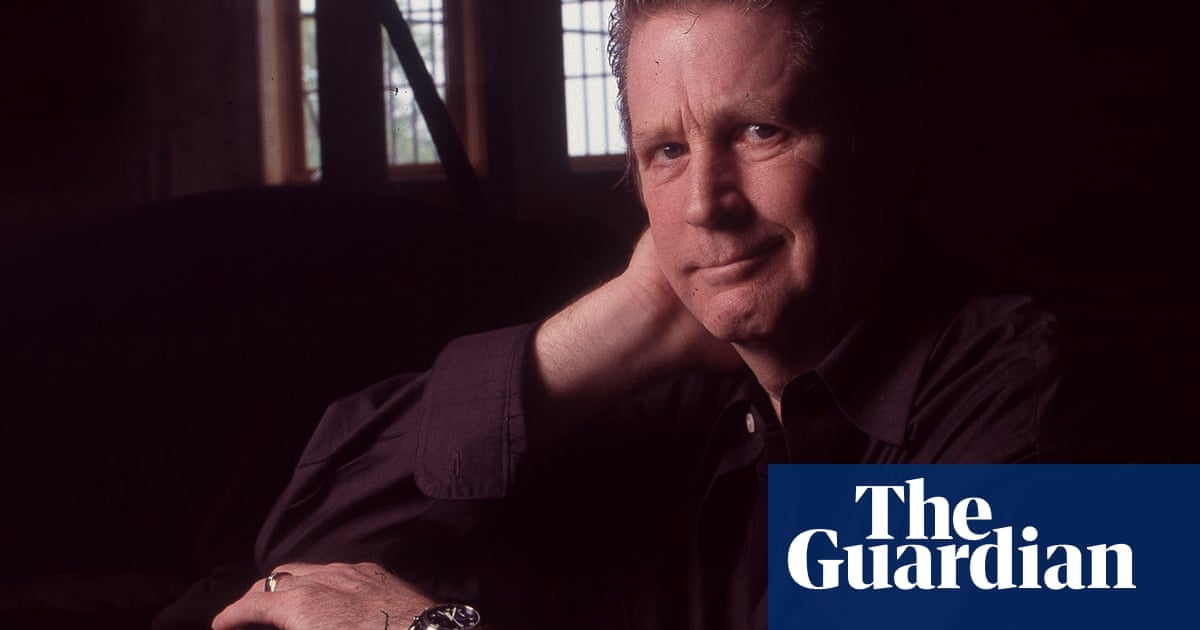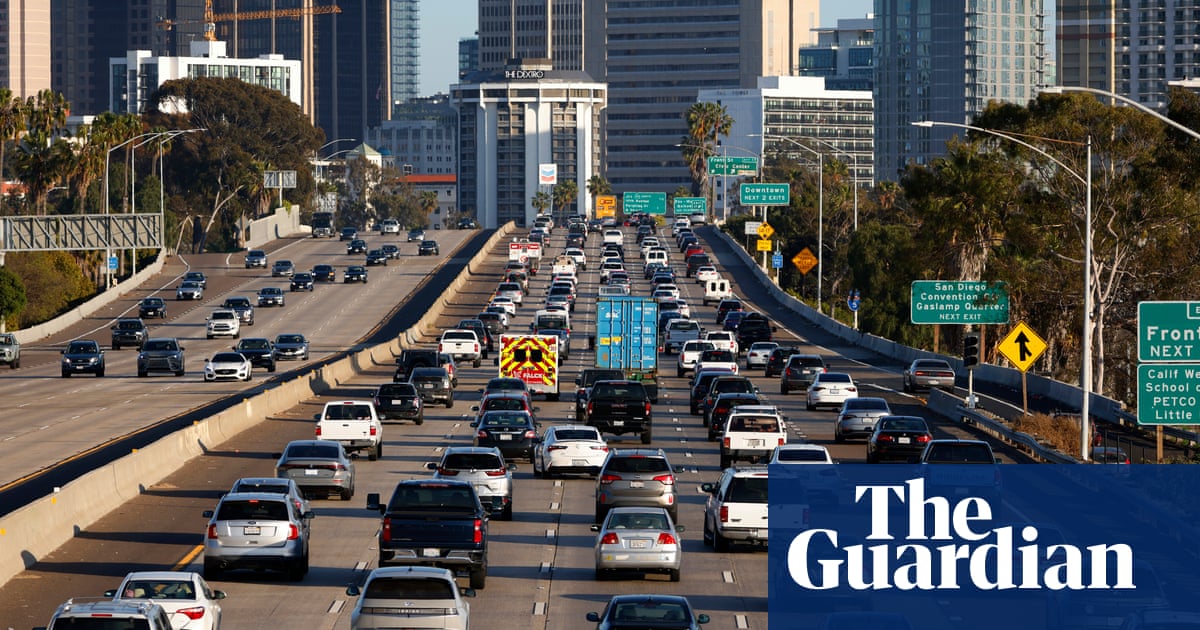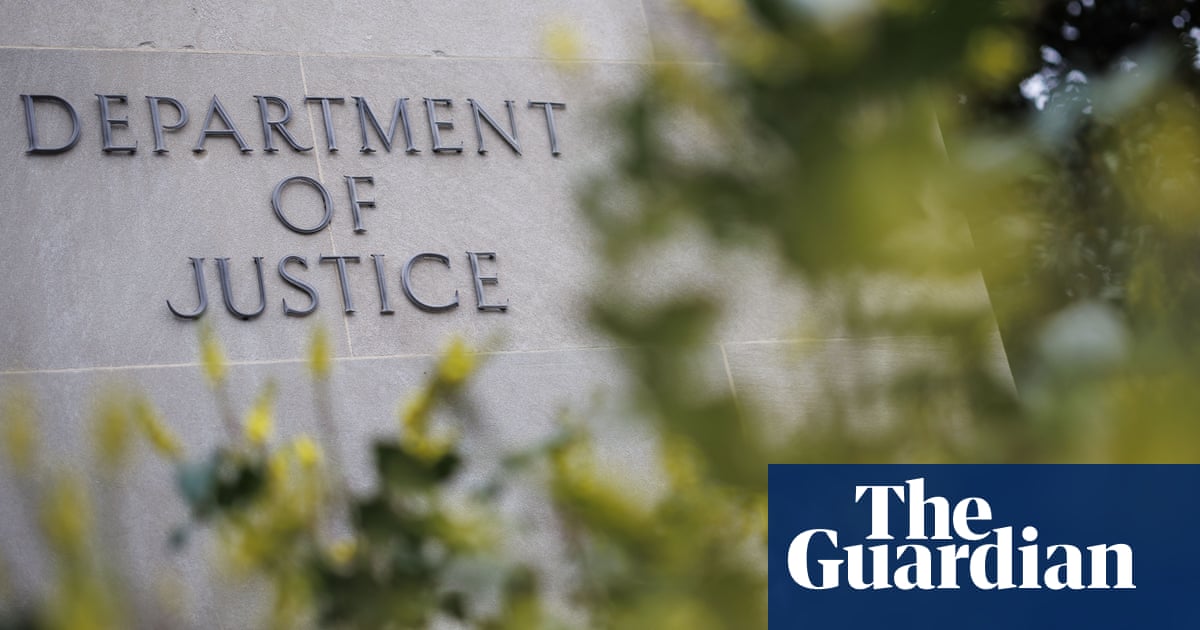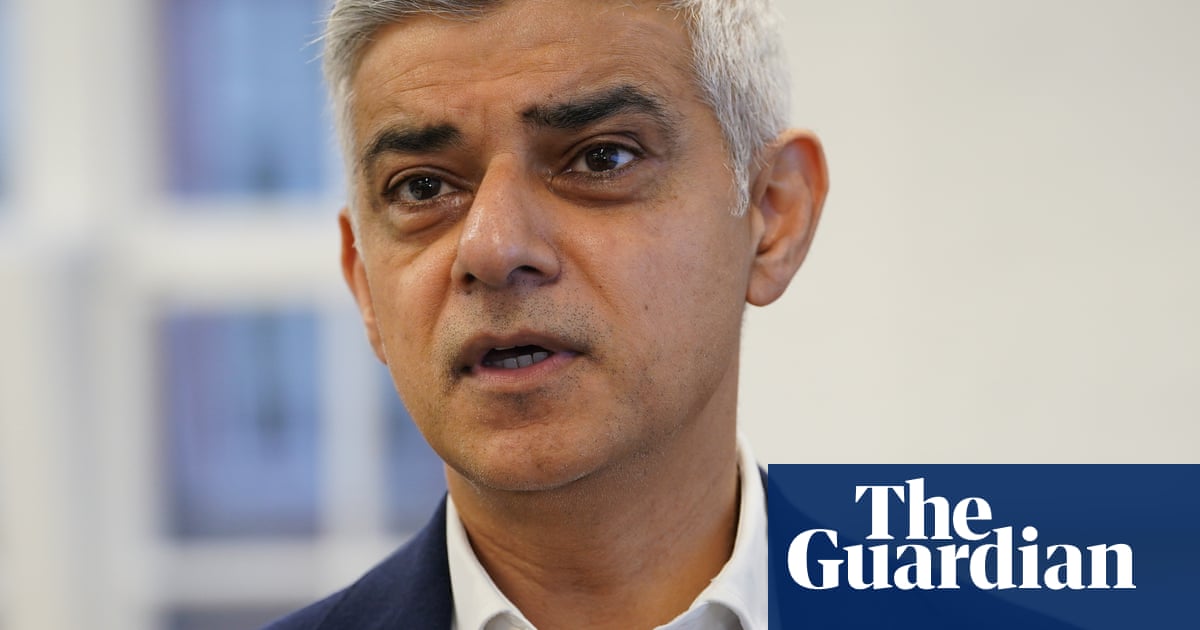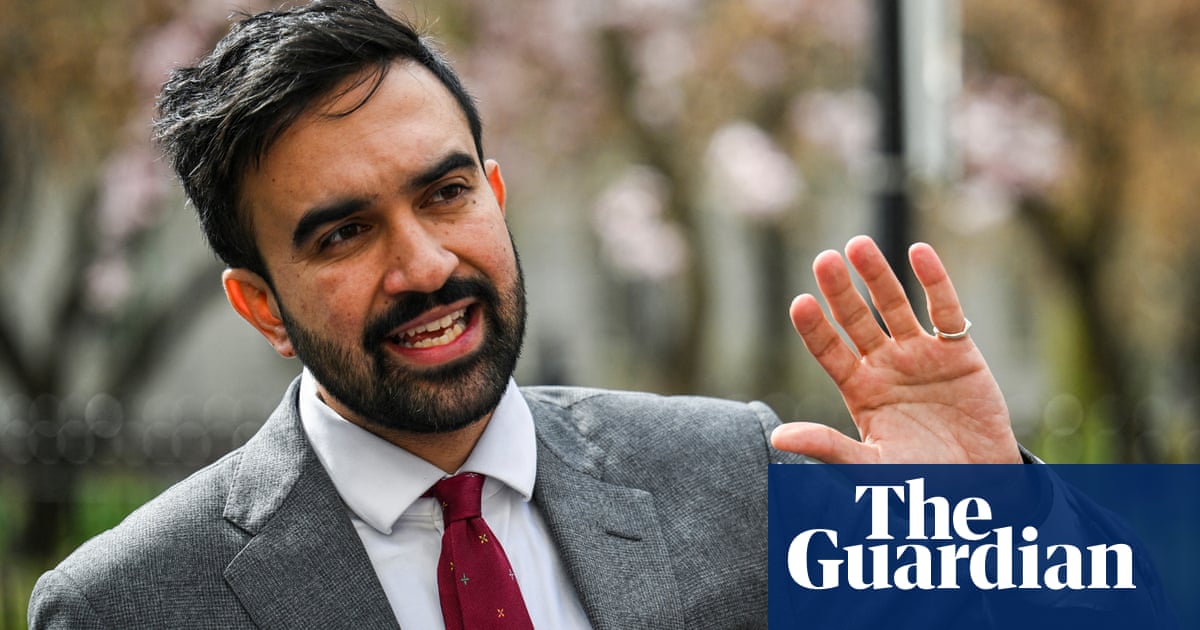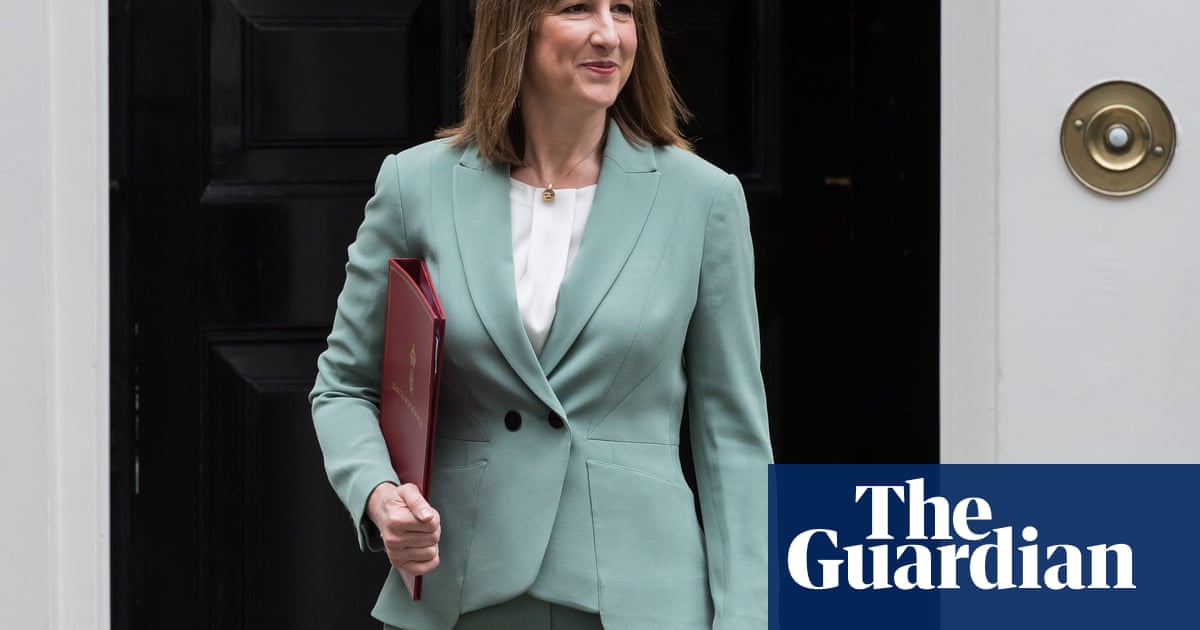Days before the local elections, with Kemi Badenoch demanding apologies over gender identity and Nigel Farage complaining about mental illness diagnoses, Ed Davey was quietly getting on with what he perhaps does best: having fun.
In a converted shed near Stratford-upon-Avon, the Liberal Democrat leader was joking with photographers as he made chocolate truffles alongside Manuela Perteghella, his party’s MP for the formerly true-blue constituency.
The council, Warwickshire, is also about as Conservative as it gets, and currently has 41 Tory councillors out of 57. But privately, Lib Dem activists say it could move into no overall control next week.
“I think it feels even better than the general election,” Davey said, truffles cooling in a fridge before he headed off for some door-knocking. And this, remember, was the Lib Dems’ best general election for a century, in which – helped in part by Davey’s succession of camera-friendly stunts – the party won 72 seats, mostly from the Conservatives.
With much of the focus before the local elections on Reform UK’s rise and the impact this could have on Labour, the Lib Dems have just been, as one party strategist called it, “getting on with the job”.
Part of this is the sheer graft so admired by Farage that he wants to use it as a model for Reform, with 500,000 doors knocked on during March, and 1m leaflets delivered before election spending limits kicked in.
But also to the Lib Dems’ advantage is that many of next Thursday’s battles take place in traditionally Conservative counties, where the Tories won heavily amid the brief if spectacular Boris Johnson vaccine bounce of 2021, the last time they were contested.
According to Davey, the general election trend of less ideologically minded Conservative voters fleeing a party they see as overly weighted towards populism and culture wars has shown no signs of slowing under Badenoch.
“People who were lifelong Conservatives haven’t forgiven them, they’re not impressed by the leader, and some are put off by this talk of some sort of arrangement with Reform,” he said.

Things are not entirely the same as they were last July, however. One paradox of the spectacular general election result is that in some places, including Warwickshire, the Lib Dems have reversed their usual tactic of patiently building up a mass of councillors before making a tilt at the parliamentary seat.
Instead, as in Warwickshire, they hope to use a surprise parliamentary win – Perteghella overcame a 20,000 Conservative majority to win by 7,000 votes – to create momentum for the council.
Plus there is the advent of some early Lib Dem-Reform battles, notably for the new mayoralty in Hull and East Yorkshire. While Davey is making no predictions, he is scornful about Farage’s success thus far in building up a Lib Dem-style on-the-ground army.
“This is just anecdotal, but Reform have tried door-knocking one or two places, and they got such a hostile reception from quite a lot of doors, they quickly give up. So they’re not fighting the campaign that we do.”
But the bulk of the party’s targets of councils to potentially win – Oxfordshire, Cambridgeshire, Devon, Gloucestershire and Wiltshire – or to make gains, such as Warwickshire, Buckinghamshire and Hertfordshire, are still mainly in the once Tory-loyal commuter belt areas loosely known as the “blue wall”.
Davey, who gets recognised more regularly on doorsteps after his bungee jumping and water sliding of the general election, faces a Conservative party that seems vastly more focused on tackling Reform than trying to win back the voters and seats taken by the Lib Dems.
Asked if he is surprised at this, Davey said: “Well, not really, given the MPs they’ve got. All the moderate Conservatives, the liberal conservatives, one-nation Conservatives, pro-European Conservatives, they’ve all gone.”
In their place are people such as Badenoch, who memorably dismissed the Lib Dems as people who spurn social media to instead focus on “fixing their church roof”, a quote party insiders delightedly say could not have been phrased better if they had written it themselves.
“The Conservatives are in a bit of a bubble, aren’t they?” Davey said. “They’re talking to themselves. They’re certainly not listening to the public. It’s the fact that they inhabit an X-sphere, if you like, a Twitter-sphere.”
While some Tories argue that a pact with Reform would instantly give this new rightwing block a combined vote share well over 40%, Lib Dem insiders say they are unworried, saying any deal would make the Conservatives even more toxic to many voters, and inspire fervent tactical voting to keep them out.
“They will decide what they want to do about a pact, but I think there would be a huge number of traditional Conservatives who would be appalled at that process,” Davey said. “I think they would look round for a different home, and see the Liberal Democrats as that home.”

.png) 1 month ago
31
1 month ago
31





